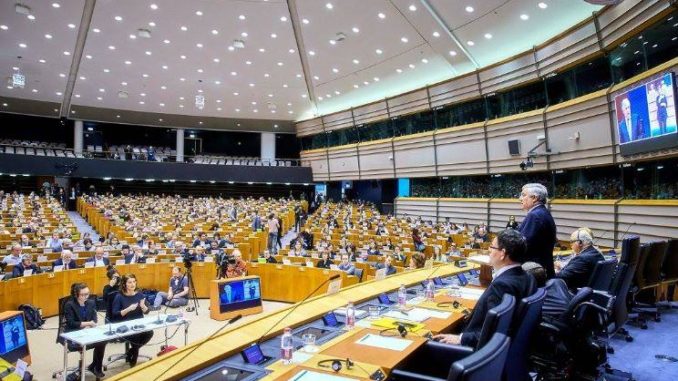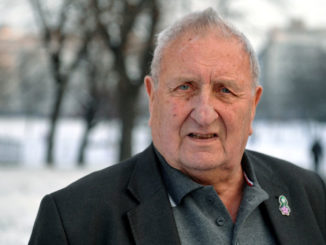
The elections for the 11 Croatian members of the European Parliament on 25 May will actualize the issue of financing. How much will this all cost? The budget is the center of attention of both the Croatian government and political parties. The parties – totaling 38 now – that launched with 25 candidate lists, of which 18 are independent and 7 are coalitions, are gathering money for publicity and electoral activities.
At the same time, the government in a time of general savings everywhere is trying to save by cutting election costs.
Last year’s elections for the European Parliament cost 68.7 million kuna. This year they are trying to achieve savings of 13.2 million kuna. But, as is considered, the chance that this savings will be realized is especially small. The ball was passed to the State Electoral Commission of Croatia (DIP), which announced a recommendation where all this can be saved.
Fewer polling places
According to the DIP’s recommendation, the savings are possible, for example, in reducing the number of the present 6,500 polling places to 500, which in practice is possible when they are in the same places, as, for instance with schools, and joining individual municipal electoral boards. The costs would be significantly cut with a reduction in the number of members of electoral boards from ten to six.
The government proposed this thus far without success. Unofficially, both the parties of the ruling coalition and the opposition regard the reduction of the number of members of electoral boards dubiously. Certainly the planned savings could be achieved if the salaries to members of the boards were cut from the present 300 kuna. But this salary cut to members of the boards would unofficially be most problematic. And the DIP isn’t in agreement on it either.
The DIP otherwise leads supervision of campaign financing in accordance with the law on financing political activities and electoral promotion. How much parties will spend in promoting themselves thus far, it is only possible to guess. Given that in the elections for the European Parliament, Croatia is an electoral unit whose strongest and largest party is the ruling SDP and the HDZ opposition with its partners plans to campaign and spend 1.5 million kuna. This is the maximum the law allows.
Prominent Zagreb doctor Nikica Gabric secured the greatest part of the money for the promotion of a coalition candidate list, the Partnership of the Croatian Center, and the remainder will be gathered from donations of members, with expected expenditure of half a million kuna.
Donations through the internet
The ORAH Party of former SDP-er Mirela Holy plans to spend just 25,000 kuna on electoral promotion. ORAH has existed all of five months, invested in the present promotion 50,000 kuna, but already now according to polls in the country is the fourth largest political force. Great hopes lie in the individual donations over the internet. This model of gathering funds has been practiced for a long time by the Croatian Labor Party.
In total, 275 candidates in the longest electoral campaign thus far – 47 days – intend to use all current technologies, certainly the ever-present Facebook and Twitter. Only those with the richest budgets will have money for spectacular promotion in the form of TV and radio spots. (Oslobodjenje)



